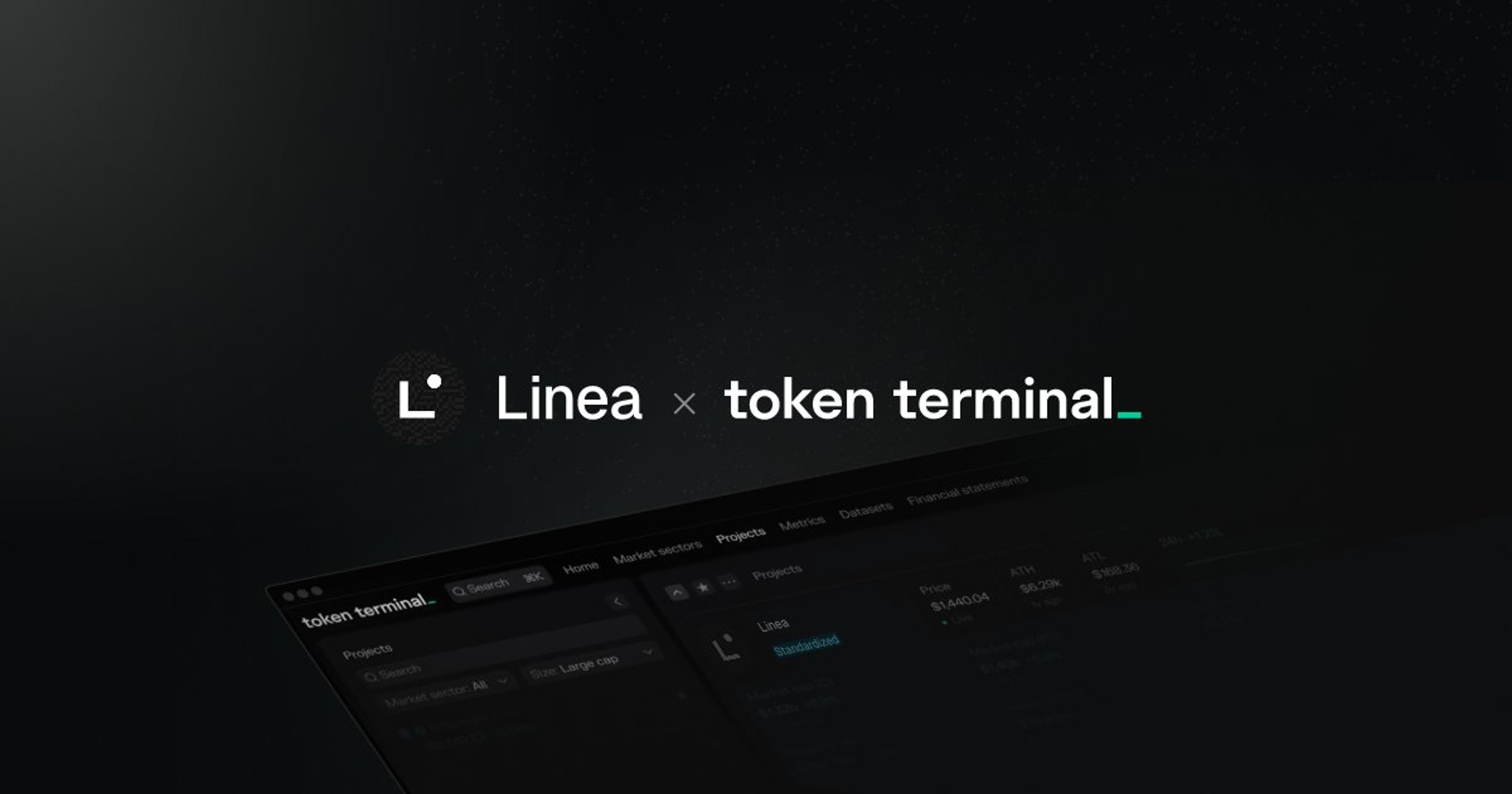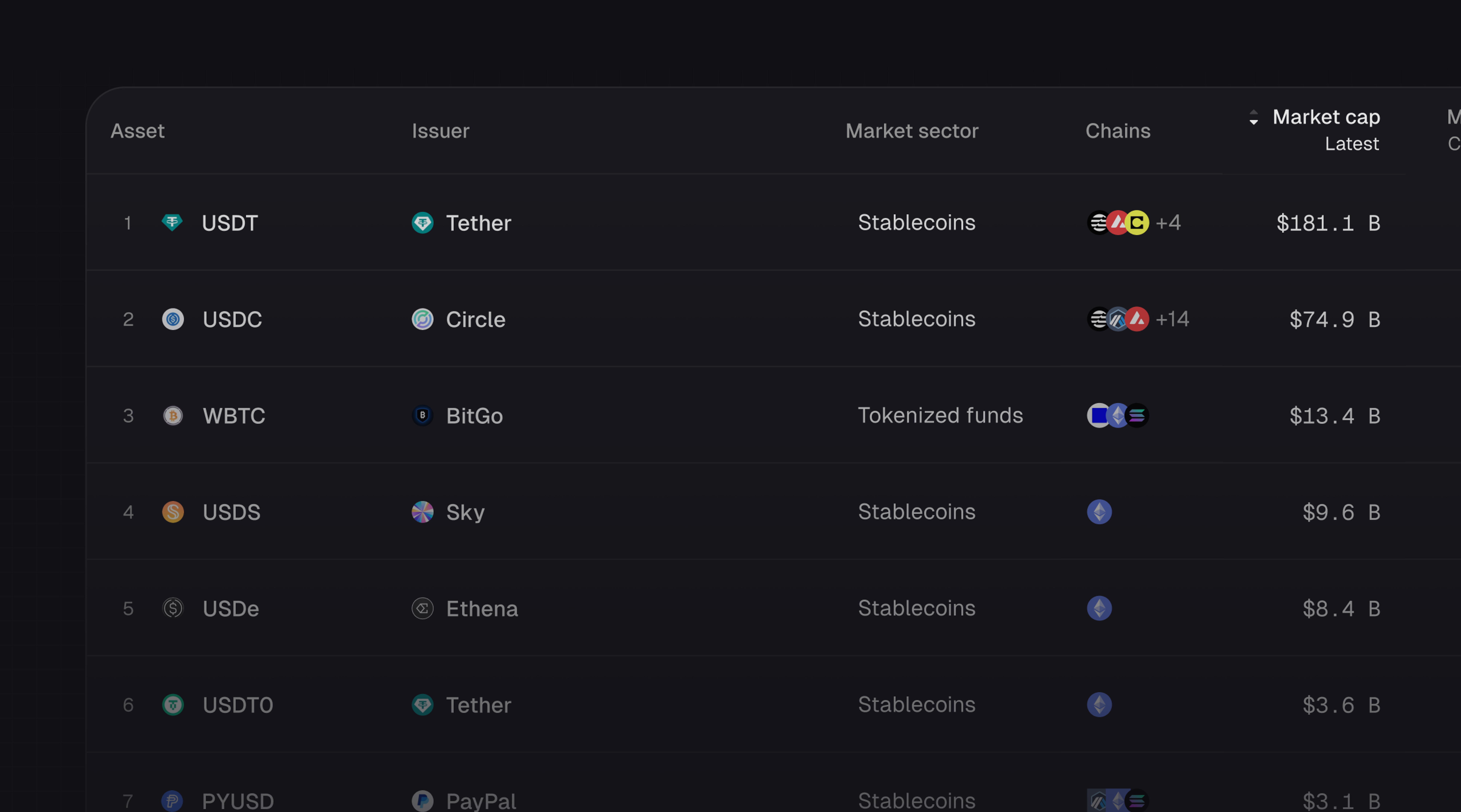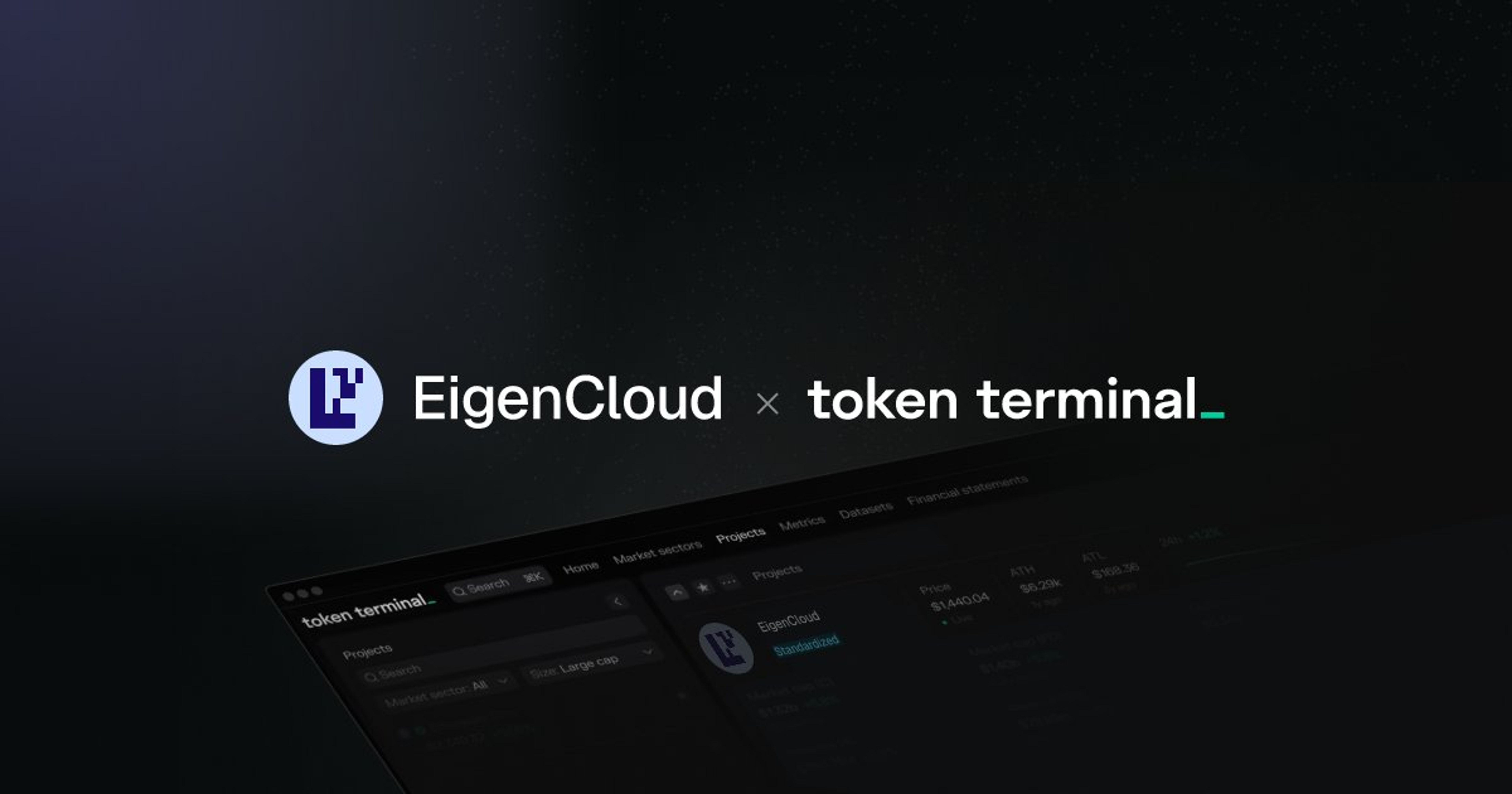Research
TL;DR: Livepeer is a protocol for decentralized video transcoding.

TL;DR: Livepeer is a protocol for decentralized video transcoding. Livepeer provides an open and cost-efficient video transcoding solution to video streaming applications.
What problem is Livepeer solving?
Video transcoding today is expensive and concentrated among a handful of service providers. Video streaming applications need more cost-efficient ways to transcode their video. Livepeer fixes this.
How does Livepeer offer cheaper and more open video transcoding?
Livepeer replaces traditional media servers and CDNs with an open-source decentralized network. Network participants globally rent their idle GPUs to perform transcoding work in exchange for fees.
Why is the timing right for Livepeer’s solution?
Video represents currently 80% of all Internet traffic with an expected CAGR of 26%.
The need for cost-efficient video transcoding increases along with the growth of the video streaming market.
Who are Livepeer’s competitors?
- Proprietary providers (B2B), such as Amazon.
- Social broadcasting (B2C) platforms, such as YouTube.
- Livepeer’s pros: cheaper than B2B & more open than B2C platforms.
What are the initial use cases for Livepeer?
Cheap video transcoding for video streaming apps. As Livepeer makes transcoding more accessible, we can expect video apps to innovate with new monetization models for streamers/streams.
What’s the business model?
Transcoders perform the work against a fee (paid in Dai or some other cryptocurrency). Transcoders need to stake LPT in order to perform work. Investors can delegate LPT to workers against a cut of the fees.
Who are the project’s backers?
Livepeer is backed by many prominent VCs including: Northzone, Collaborative Fund, Compound, Libertus Capital, DCG, Notation Capital, Coinfund, and Multicoin Capital.
How is Livepeer governed?
Livepeer is currently administered by its core dev team. The team recently released a roadmap proposal for progressively decentralizing the protocol’s governance.
Having global transcoder participation is an asset for Livepeer.
Having transcoders spread around the globe will enable local GPUs to perform the work, instead of remotely located centralized server warehouses.
Token Terminal provides financial and business metrics on crypto protocols — metrics we’re used to seeing applied to traditional companies, e.g the P/E ratio. Crypto protocols operate like traditional businesses, only they do it directly on the Internet.
For more, check out Token Terminal’s website and Twitter.
The authors of this content, or members, affiliates, or stakeholders of Token Terminal may be participating or are invested in protocols or tokens mentioned herein. The foregoing statement acts as a disclosure of potential conflicts of interest and is not a recommendation to purchase or invest in any token or participate in any protocol. Token Terminal does not recommend any particular course of action in relation to any token or protocol. The content herein is meant purely for educational and informational purposes only, and should not be relied upon as financial, investment, legal, tax or any other professional or other advice. None of the content and information herein is presented to induce or to attempt to induce any reader or other person to buy, sell or hold any token or participate in any protocol or enter into, or offer to enter into, any agreement for or with a view to buying or selling any token or participating in any protocol. Statements made herein (including statements of opinion, if any) are wholly generic and not tailored to take into account the personal needs and unique circumstances of any reader or any other person. Readers are strongly urged to exercise caution and have regard to their own personal needs and circumstances before making any decision to buy or sell any token or participate in any protocol. Observations and views expressed herein may be changed by Token Terminal at any time without notice. Token Terminal accepts no liability whatsoever for any losses or liabilities arising from the use of or reliance on any of this content.
Stay in the loop
Join our mailing list to get the latest insights!
Continue reading

Customer stories: Token Terminal’s Data Partnership with Linea
Through its partnership with Token Terminal, Linea turns transparency into a competitive advantage and continues to build trust with its growing community.

Introducing Tokenized Assets
Token Terminal is expanding its standardized onchain analytics to cover the rapidly growing category of tokenized real-world assets (RWAs) – starting with stablecoins, tokenized funds, and tokenized stocks.

Customer stories: Token Terminal’s Data Partnership with EigenCloud
Through its partnership with Token Terminal, EigenCloud turns transparency into a competitive advantage and continues to build trust with its growing community.